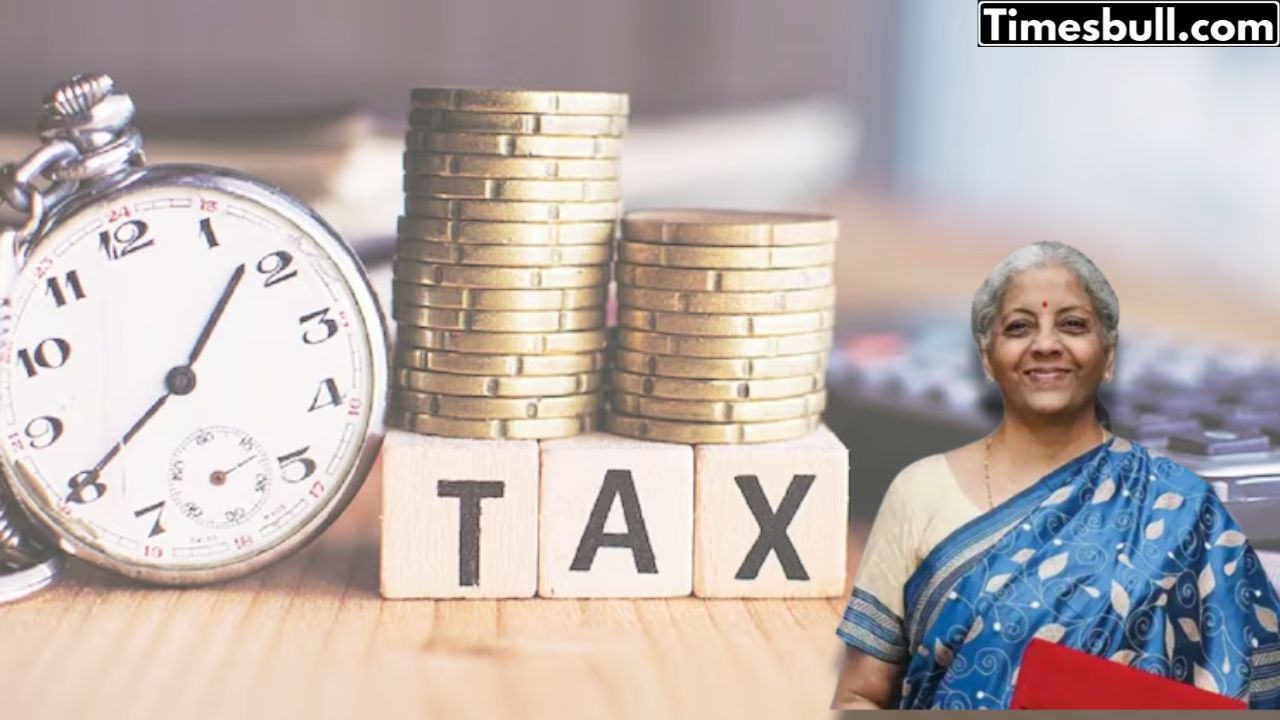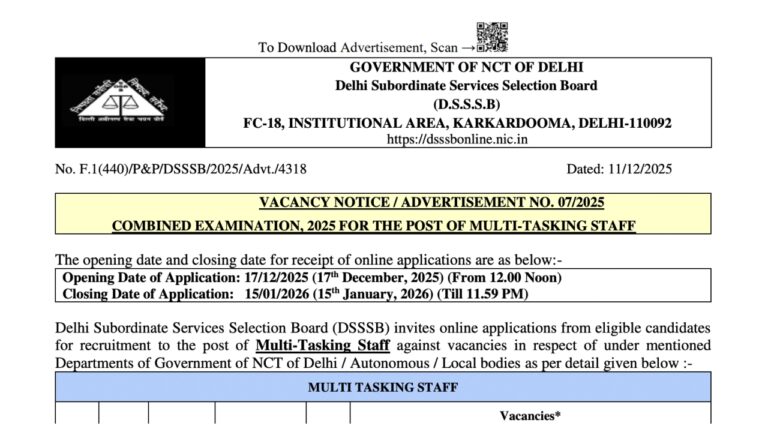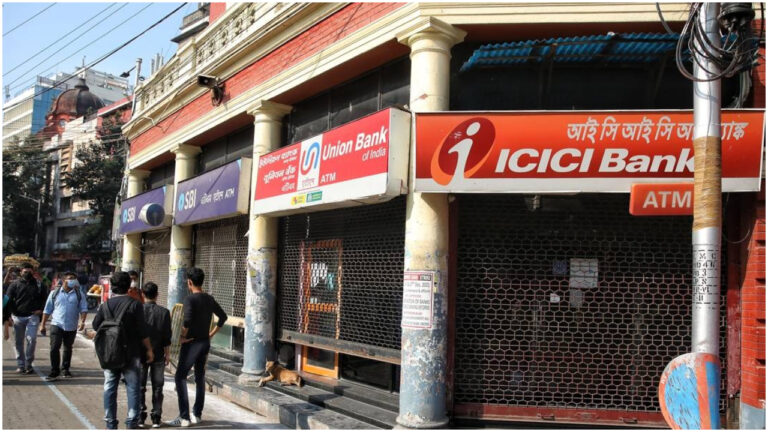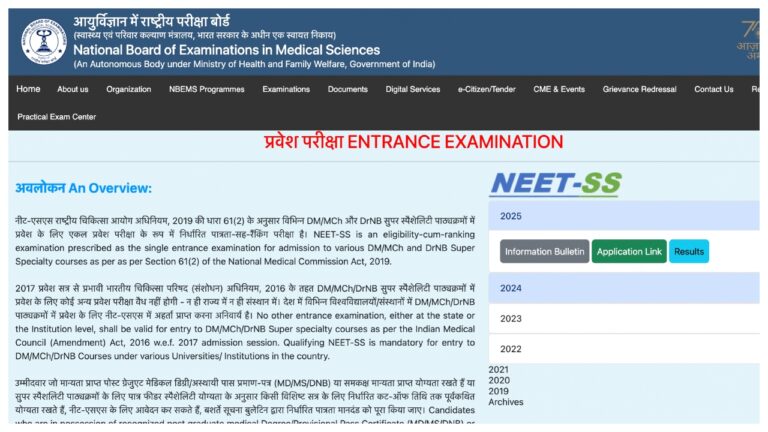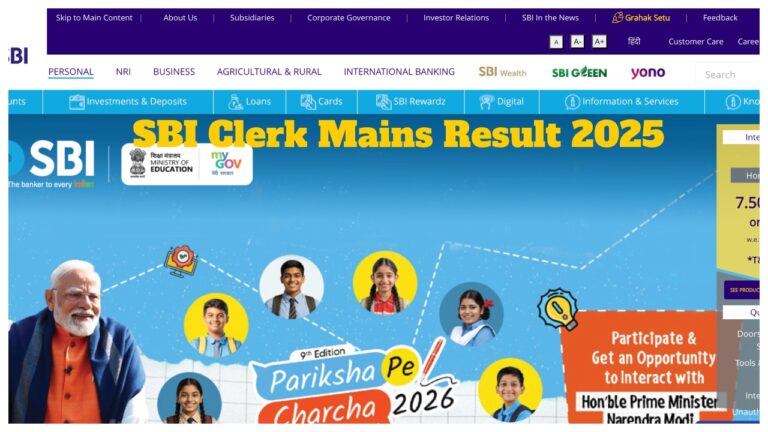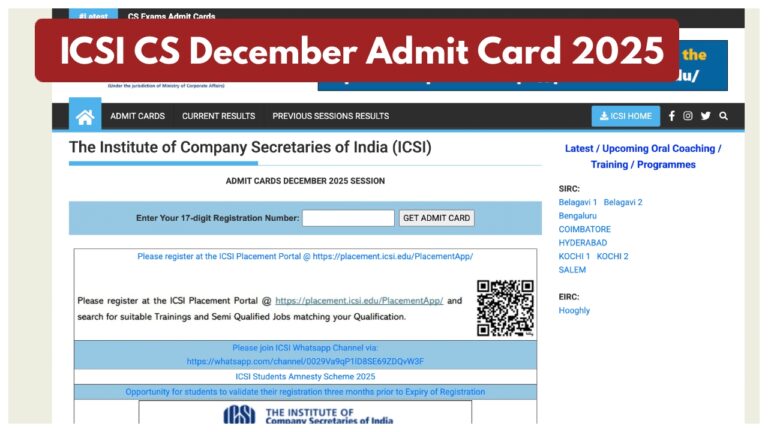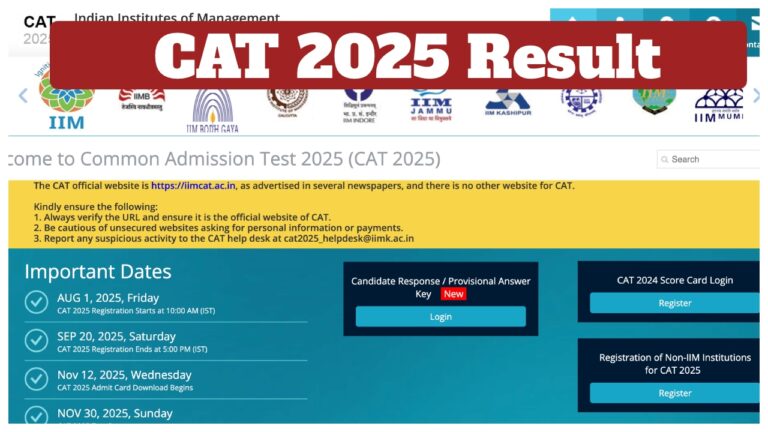In the digital age, the ways of handling money transactions have changed, and along with it, the Income Tax Department’s monitoring has also significantly increased. Whether you make a large online payment or buy something with cash, the Income Tax Department is keeping an eye on your every activity. If you think that the Income Tax Department won’t know until you inform them yourself, you are making a big mistake and could get into trouble. Let us tell you about 5 such major financial transactions that you must keep track of, otherwise, an Income Tax notice could arrive at your doorstep anytime.
Information about certain Specified Financial Transactions (SFTs) is collected by the Income Tax Department from various institutions linked to your PAN, and this information is reflected in your Annual Information Statement (AIS). You may be questioned if this transaction information is not provided or if the source of funds is not correctly accounted for.
Here are 5 key transactions that are under the department’s scrutiny:
Cash Deposits and Withdrawals in Savings Account: If you deposit or withdraw a total cash amount of ₹10 lakh or more in your one or more savings accounts in a single financial year, the bank reports this information to the Income Tax Department. Similarly, for current accounts, this limit is ₹50 lakh or more. You may be questioned about the source of such a large cash amount.
Investment in Fixed Deposits (FD): If you deposit a total amount of ₹10 lakh or more in one or more Fixed Deposits in a single financial year (this can be via cash or other modes), the bank or concerned institution reports this information. You may have to disclose the source of funds for this investment.
Investment in Shares, Mutual Funds, Bonds, or Debentures: If you invest ₹10 lakh or more in shares, mutual funds, bonds, or debentures in a single financial year (based on purchase value), this information is provided to the Income Tax Department by the depository (like NSDL, CDSL) or registrar. You may be asked to account for the income used for these investments.
Credit Card Bill Payments: If you make a cash payment of ₹1 lakh or more towards your credit card bills in a single financial year, or if the total bill payment (by any mode) is ₹10 lakh or more, the credit card issuing company reports this. Large cash payments, in particular, are always under the department’s scanner.
Purchase or Sale of Property (Immovable Property): When you buy or sell any immovable property (like a house, land) valued at ₹30 lakh or more, this information reaches the Income Tax Department as soon as it is registered with the registrar. Although cash payment might be a part of this transaction, the department’s focus is on the entire transaction value. You may have to provide information about the source of money used for buying or selling such a large property.
It is important to note that receiving an Income Tax notice does not always mean you have done something wrong. It simply means the department wants to know more about your large transactions. If you can provide a correct and satisfactory account of your income and these transactions, there will be no problem. Therefore, keep records of all your major transactions and disclose your income correctly.
